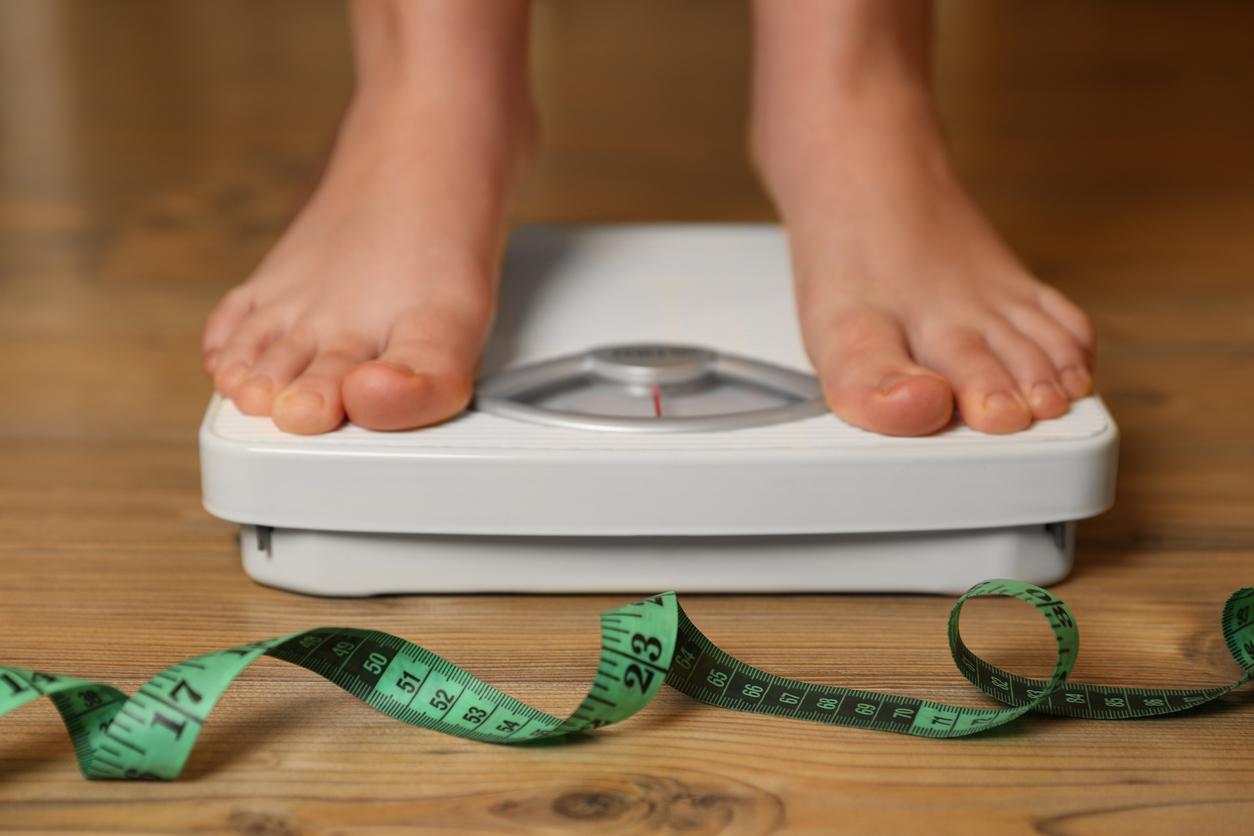Philadelphia has just introduced a tax on soda. An initiative hailed by American health associations.

Great first in the United States: the city of Philadelphia, capital of Pennsylvania, has just adopted the principle of a tax of 0.51 dollars per liter (or 0.45 euros) on all sugary drinks (at the except drinks without added sugar and baby drinks), which costs about 15 euro cents more per can. The money raised (91 million euros) will be used to develop public schools and restore playgrounds.
Fight against diabetes and obesity
If the measure aims above all to fight against poverty, health associations immediately welcomed this initiative, seeing it as an excellent way to fight against obesity. “The beverage industry spends millions in a market that contributes to diabetes, obesity and heart problems,” said David Goldberg, vice president of Healthy Food America. Nancy Brown, head of the American Heart Association, calls in the Huffington Post “All Americans unite to support the leaders who pass taxes on sugary drinks, thereby helping citizens live healthier and longer lives.”
The introduction of such a tax has been the subject of debate in the United States for 15 years. “Philadelphia is bound to influence other cities. When they are numerous enough, Congress will consider a national tax, ”analyzes Jean-Eric Branaa, lecturer at the University of Paris-II-Panthéon-Assas and specialist in American policy, interviewed by the daily Release. A similar tax was introduced in 2014 in the city of Berkeley (California) which raised $ 1.5 million and thus created cooking classes but also to finance devices to fight against diabetes.
A French tax on sodas since 2012
In France, a tax of 0.90 euros on alcohol over 40 degrees and certain sugary drinks came into force on January 1, 2012 to fight against diabetes and obesity. It would have resulted, according to Le Figaro, an increase in selling prices of up to 25% for private labels, between 4 to 9% depending on the product for brands like Coca-Cola.
On average, the soda tax increased the price of soda bottles by 10 cents and cans by 2 cents. Regular consumption of high-sugar drinks increases the risk of obesity, diabetes, and oral disease.
In February 2014, a Senate report found that after two years of implementation, the measure was accompanied by an increase in prices and a decrease in sales of the drinks concerned (-3.5% between 2011 and 2012).
.
















